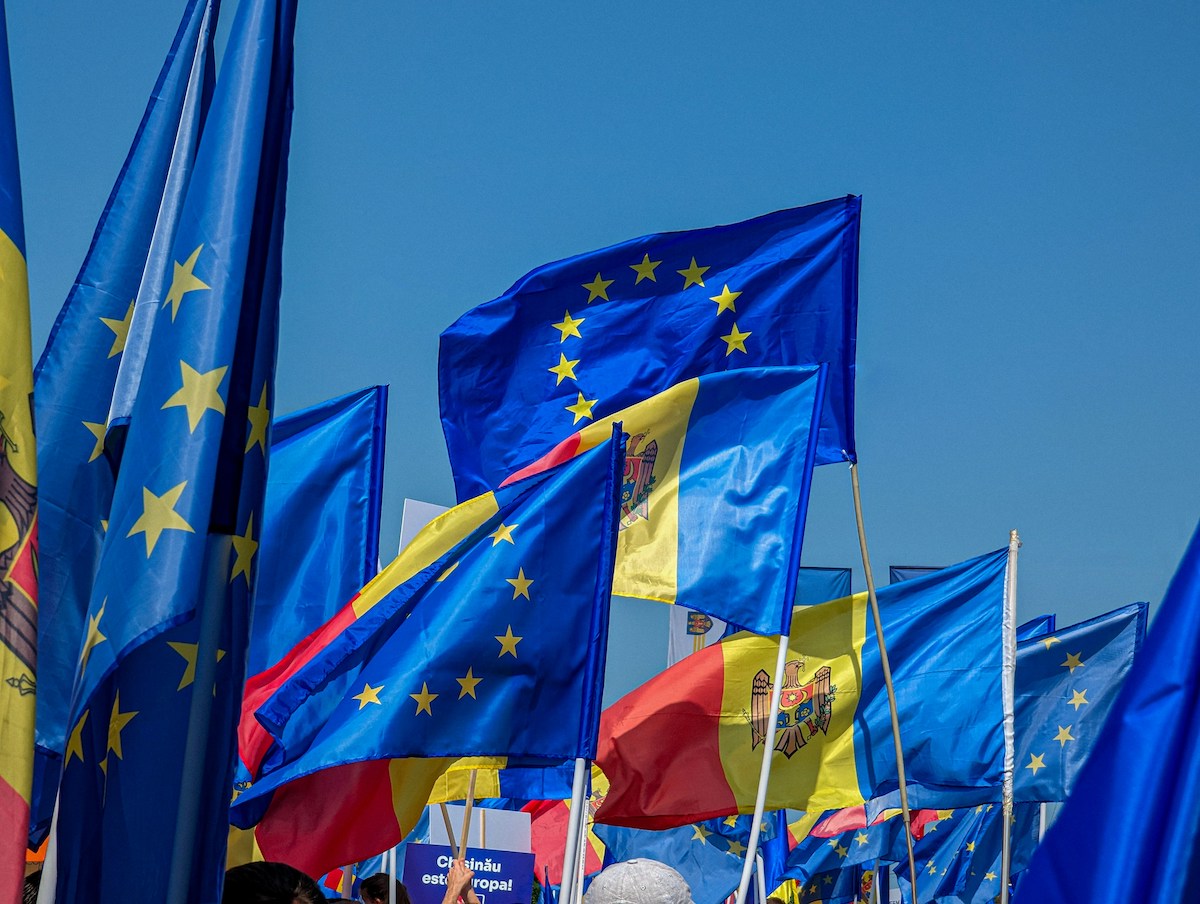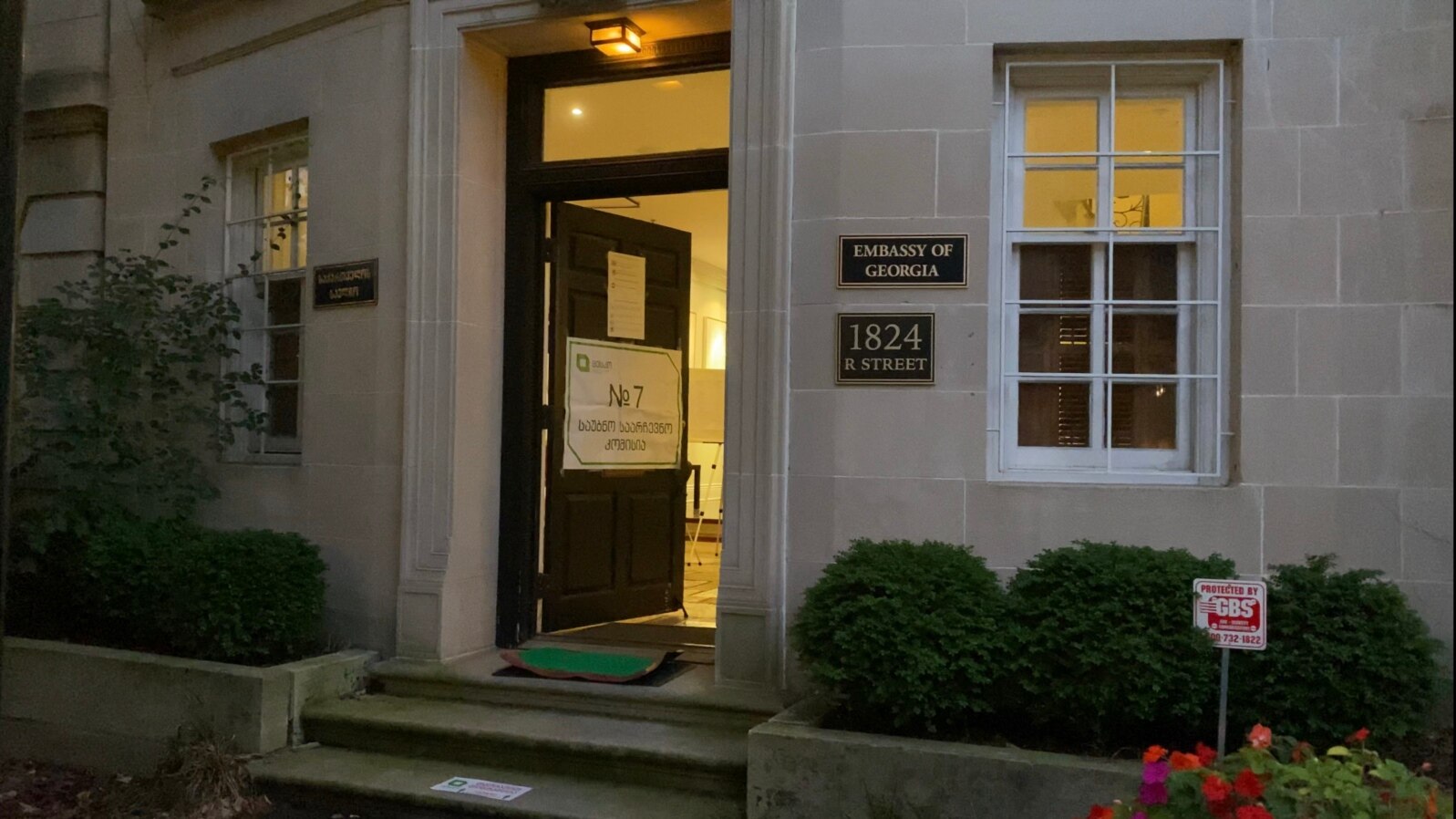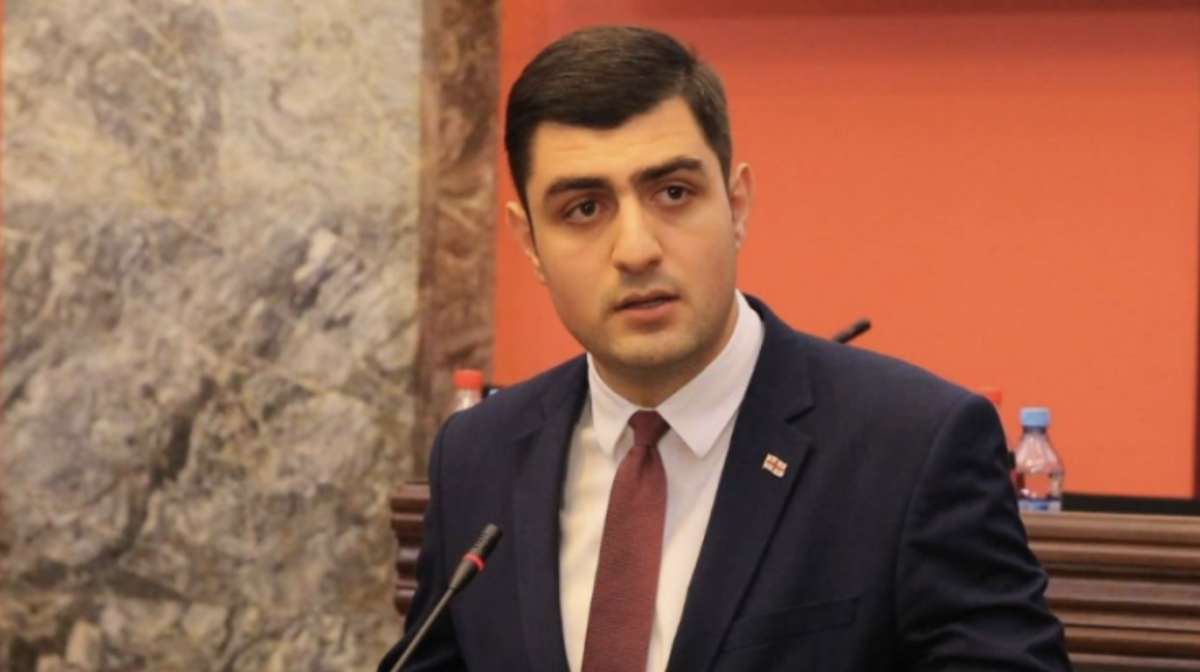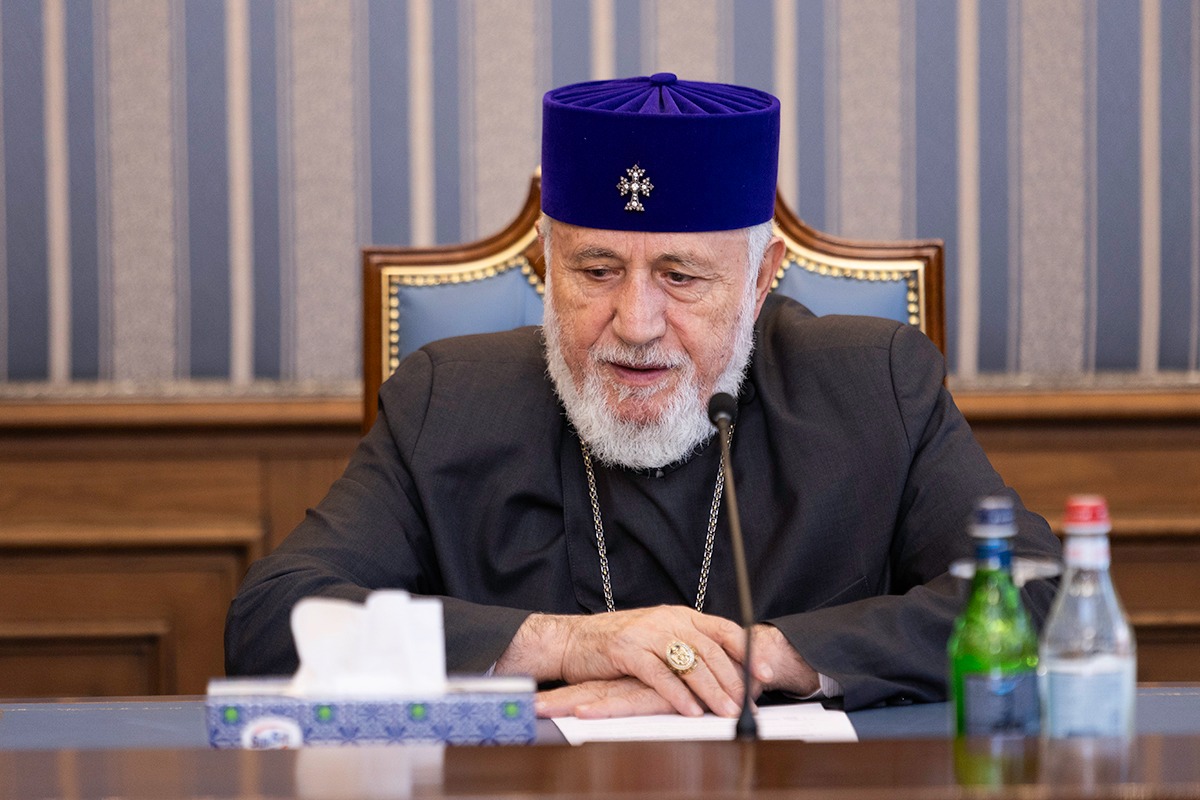Russian propagandists cheer Georgia’s decision to bar emigrants from voting abroad
The Georgian authorities plan to amend the Electoral Code to ban citizens from voting in parliamentary and municipal elections while abroad. Previously, Georgian emigrants could vote at special polling stations in embassies and consulates, but under the proposed change they would only be able to vote by travelling to Georgia.
According to the speaker of the Georgian parliament, the government is acting to protect elections from “external interference” and to shield emigrants “from the influence of foreign jurisdictions and political circumstances.”
“Another middle finger” to West
This move by the ruling Georgian Dream party has been warmly welcomed by Russian and pro-Russian propagandists.
Their main argument is that Georgian Dream has “learnt the lesson” from Moldova and will not allow the outcome of elections to be decided by pro-European emigrant voters.
“Georgians have sent another middle finger to Brussels and Washington! WELL DONE!” the pro-Kremlin Telegram channel Lev Mordora exclaimed.
“Georgians are absolute legends!” wrote the Telegram channel ZeRada, recalling that Moldovan emigrants voted in favour of European integration — a lesson the Georgian government “quickly absorbed,” it said.

“Looking at how Sandu was elected in Moldova thanks solely to overseas European polling stations, this is indeed a sensible idea,” another pro-Kremlin channel wrote.
What happened in Moldova?
In Moldova’s 2024 presidential election, the incumbent president Maia Sandu faced the pro-Russian candidate Alexandru Stoianov.
No winner emerged in the first round, but in the second round Maia Sandu secured 55.3% of the vote.
Around 1.7 million people voted in the second round. About 19% of them — roughly 330,000 voters — were emigrants living in EU countries, the UK and the United States. This was the highest diaspora turnout in Moldova’s history.
An overwhelming majority of the diaspora — about 270,000 voters — supported Sandu.
Alongside the presidential election, Moldova also held a referendum. Voters were asked whether the country’s constitution should explicitly commit to European integration. Supporters of the proposal won by a narrow margin.
“No white gloves”
“The Georgian authorities are preparing to abolish voting abroad. They have drawn conclusions from the votes in Moldova, where the EU effectively imposed election results on these countries without even disguising it, using falsification at overseas polling stations. These examples will undoubtedly lead many other countries to consider abolishing voting abroad as well,” wrote Russian military propagandist Boris Rozhin.
However, like his other “colleagues,” Rozhin provides no evidence that election results are being falsified in EU countries.
Another piece of “good news” for the pro-Russian channel Otkrytaya Ukraina is that Georgian Dream intends to abolish the Anti-Corruption Bureau, which was created on the recommendation of the EU.
“European brainwashing technologies have not taken root in Georgia,” the channel wrote.
“For Georgia’s sovereignty, this is undoubtedly a plus,” claimed the popular blogger Tatyana Pop.
According to her, Tbilisi is “carefully analysing Ukraine’s experience with foreign anti-corruption overseers.”
Overall, since the start of Russia’s war in Ukraine, Russian propagandists have consistently praised the Georgian Dream party. These praises intensified after Georgian Dream adopted an analogue of the “foreign agents” law and suspended Georgia’s EU integration process. One of the main arguments used by the Georgian government has been the need to protect “sovereignty” and “national interests” — the same justification used by Russian President Vladimir Putin.
This refrain about sovereignty and national interests is now being repeated again, in the context of the proposed ban on voting from abroad.
“The authorities in Georgia, focused on protecting national interests, intend to avoid a similar negative [Moldovan] experience — even if the methods are not the most democratic,” wrote the channel Musli Vslukh.
Although the channel’s author describes the Georgian authorities’ methods as “not the most democratic,” he adds that “in conditions of constant external pressure and internal attempts to destabilise the situation, they have no time for white gloves.”
1.5 million citizens without the right to vote
During the 2024 parliamentary elections, Georgian Dream opened 67 polling stations abroad and received only 13.49% of the vote there.
In the 2020 elections, Georgian Dream received 29% of the diaspora vote, and in 2016 — 39.6%. In the October elections, 34,296 people cast their ballots, although 95,910 voters had registered.
In 2024, Georgian Dream also faced sharp criticism from emigrants, as many were simply unable to take part in the elections due to a shortage of polling stations and registrars abroad in many countries.
According to the Ministry of Foreign Affairs, more than 1.5 million Georgian citizens live abroad. Under the new law, all of them will effectively be left without the right to vote unless they travel to Georgia specifically to take part in elections.




















